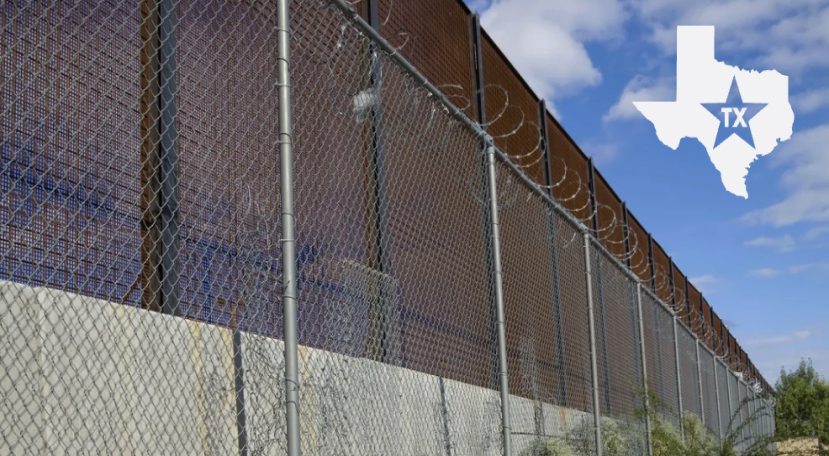Horse slaughter, an issue embedded within the darker corners of the equine industry, has perpetually permeated the United States, though it significantly conflicts with the public’s ethical expectations and legal norms. The subtle, yet dangerous loopholes embedded within U.S. law have cultivated a devastating pathway, where American horses, often considered companions and sport allies, are thrust into a brutal end through the slaughter pipeline. Here, Daniela, with her profound legal expertise, meticulously dissects the ongoing battle against horse slaughter, the surrounding legalities, and the potential solution looming within the corridors of Congress.
Key Points:
- The loophole in U.S. law permits the slaughter of American horses through indirect channels.
- Kill buyers and rescues vie at auctions, often resulting in horses being sent to slaughter.
- The SAFE Act seeks to ban horse slaughter and has garnered considerable bipartisan support.
- Research indicates that potential homes for horses far exceed the number sent to slaughter.
- The Farm Bill presents an opportune moment to address and potentially cease this cruelty.
As revealed through painstaking exposure by Frank Bodani, an unwelcome reality stares back at the advocates of equine welfare: horses, by means of legal loopholes, are being dispatched to slaughter, their fates sealed by “predatory kill buyers” who cleverly navigate through the auctions, outbidding rescues, and redirecting these majestic creatures towards a brutal demise.
Moreover, it’s crucial to acknowledge that there exists a tangible solution to circumvent this tragic trajectory. The current year’s Farm Bill has presented itself as a pivotal instrument, offering a potential cessation to the longstanding cruelty propelled by these legislative gaps. Furthermore, underlying research unveils a promising prospect: there exist sufficient homes for horses slated for slaughter, with 2.3 million Americans demonstrating the resources and willingness to adopt, contrasting sharply with the 20,000 horses exported for slaughter last year.
On a national scale, organizations, notably the ASPCA, have constructed networks and initiatives with varied equine industry partners, intended to extend resources for horses in need, navigating them through transitional phases. However, the current structure of the slaughter industry significantly impairs these protective endeavors.
Significant to note is the fact that approximately 75% of horse owners, when surveyed at the ASPCA’s Equine Transition and Adoption Center, conceded that the persistent threat of horse slaughter played a principal role in deterring relinquishment and pursuit of care. Veterinarian-administered euthanasia, a service also offered by the ASPCA, emerges as a pragmatic and humane element of horse care, contrary to slaughter.
In the present Congressional context, few issues have garnered as much bipartisan support as the banning of horse slaughter. A staggering 83% of American voters oppose horse slaughter, and the Save America’s Forgotten Equines (SAFE) Act – which aims to permanently banish this cruel practice – has consistently received majority support in Congress.
The situation requires an amalgamation of legal prowess, advocacy, and a well-orchestrated utilization of the available data and public support to enforce the SAFE Act and ensure its inclusion within the Farm Bill. The plight of the American horses, often shrouded within the legal and ethical battles, demands a focused, informed, and emphatic approach to ensure that such practices are relegated to the annals of history, never to resurface.



